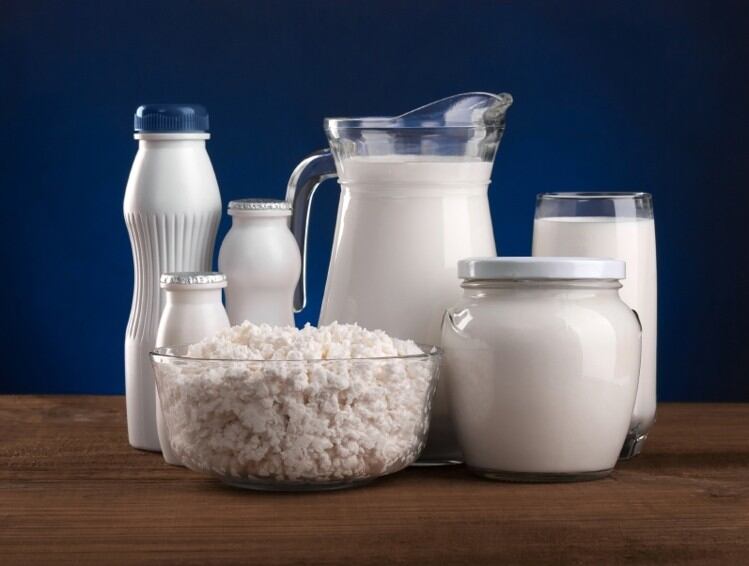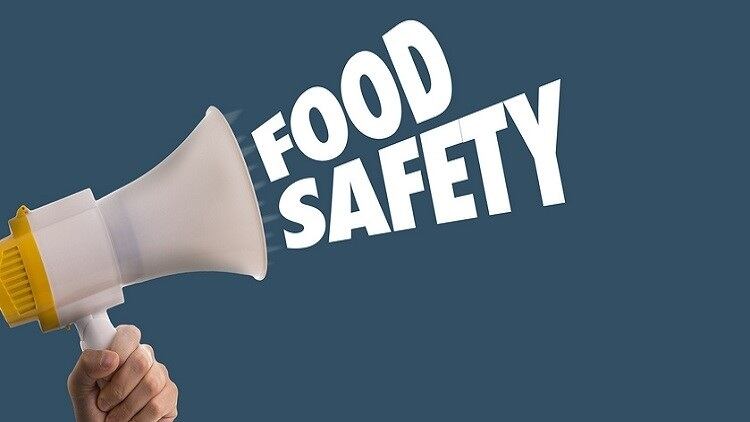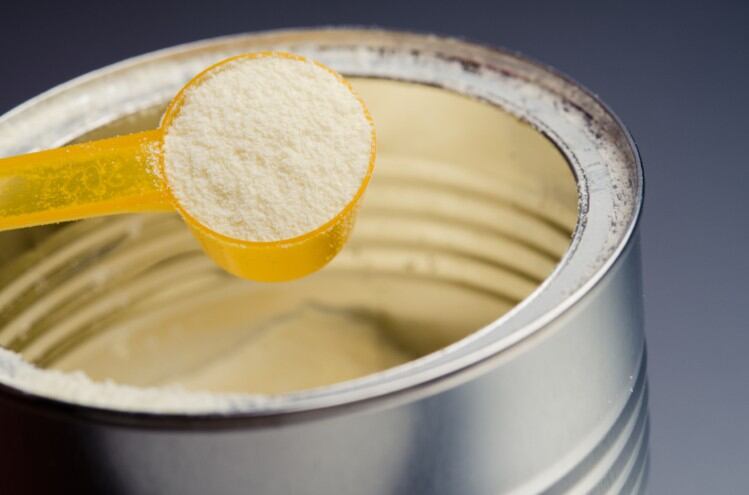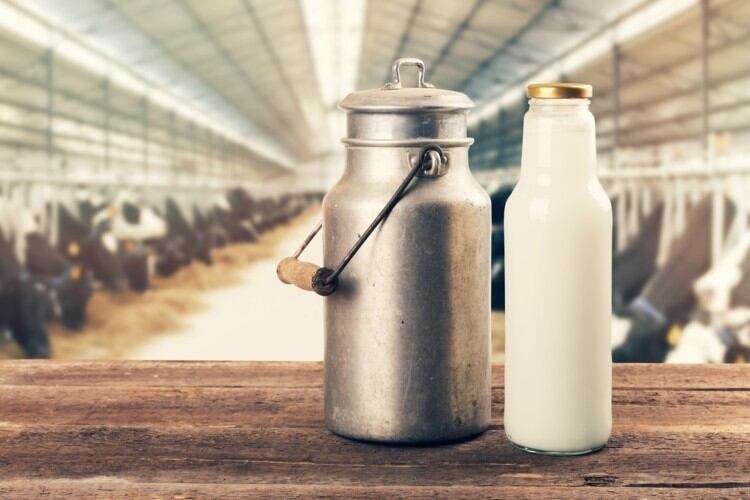The situation has been ongoing since February this year, when the Bangladesh Food Safety Authority (BFSA) and Bangladesh Standards and Testing Institution (BSTI) were first ordered to submit a report and explain ‘why their inaction and failure in preventing adulteration and taking appropriate legal steps against it should not be declared illegal’.
This report was submitted earlier this month, in which the BFSA reported that a large majority of the 190 samples of raw milk, packaged milk, curds and fodder were found to contain adulterants such as bacteria, aflatoxin, lead, tetracycline, mould and more.
The BFSA also said that a 16-member committee had been formed to ‘find those behind the adulteration’, but none of these perpetrators were identified in the report.
Following this, Justice Md Nazrul Islam Talukder and Justice KM Hafizul Alam set the deadline for submitting a detailed report on the milk adulterators for May 15 this year, but both agencies failed to meet this and instead filed a petition asking for more time.
The deadline was then extended to June 23 this year, but must ‘include the name of companies involved in adulteration of milk, dairy products and fodders’, according to Dhaka Tribune.
“How will the nation be built if health of its future generation is not sound?” it asked.
“No one will be allowed to toy with people’s lives, [and those] responsible for milk adulteration will have to face punishment,” said the High Court.
Dr Shahnila Ferdous, head of National Food Safety Laboratory (NFSL) and the individual who first revealed the lab’s findings on high levels of contamination in the country’s milk and milk products, has also been asked to appear in court on June 21 and describe sampling methods.
In Dr Ferdous’ initial report, she revealed that 96% of raw milk samples tested were microbiologically contaminated, whereas 27 of 96 samples contained dangerous components such as lead or aflatoxins.
Up to 80% of packaged milk and 51% of curd samples contained microbial contaminants, whereas 100% of all cow feed was found to be contaminated by pollutants such as pesticides, tetracycline, ciproxin and others.
“Heavy metals found in milk basically came from cattle feeds, while pesticide is present because of its excessive use in grass and other agricultural feeds,” Ferdous told local media.
“This happens mostly due to the lack of awareness among farmers and feed manufacturers.”
On May 21, Dr Ferdousi submitted a report listing the relevant adulterators to the High Court on May 21, in which 30 curd-producing companies, 30 fodder companies, 31 packet milk companies, 96 raw cow milk producers, and several individuals were named.
BSTI and BFSA were purportedly berated by the court for not being able to do the same sooner.
“If the NFSL could do it, why couldn't you? [You] are not conducting any research,” said the bench.
The High Court had also requested the country’s Anti-Corruption Commission to take action, however the commission’s lawyer Syed Mamun Mahbub told the court that the commission could not take action against those responsible until the BSTI and the BFSA submitted ‘reports [of the perpetrators] to the commission’.
War on adulteration
In addition to dairy, the High Court has also urged the Bangladeshi government to declare a ‘war on food adulteration’.
“We urge the government and the head of the government (Prime Minister Sheikh Hasina) to declare a war on food adulteration. If necessary, an emergency should be declared over the issue of food safety like what was done in the crackdown on drugs,” said Justice Sheikh Hassan Arif.
Justice Arif made the comment while passing orders together with Justice Razik-Al-Jalil on the banning of 52 food products in the country earlier this month, which the BSTI had identified to be adulterated or substandard.
“There is no scope of compromise or negligence when the issue is food safety. Every regulatory agency should work in coordination with each other to overcome this problem,” he added.
“Food adulteration must not continue. Though the court is not supposed to prioritise the list of jobs of the executive, food safety should be on top.”
Amongst the 52 banned products were mustard oil, potato chips, drinking water, salt, turmeric powder, ghee and more, whereas affected brands included Rupchanda, Sun, Duncan Modhumoti and Baghabari amongst others.
The court has orderd BSTI, BFSA and the Directorate of National Consumer Rights Protection (DNCRP) to remove the products from market and also submit a progress report on May 23.
According to Dhaka Tribune, when the BSTI released its report revealing the 52 compromised food items earlier this month, the Conscious Consumer Society (CCS) had sent a legal notice to various governmental agencies on May 6 urging immediate action but received no response.
This was later brought to the attention of the High Court, which summoned BSTI and BFSA officers for explanation and culminating in the banning of the compromised food products.





